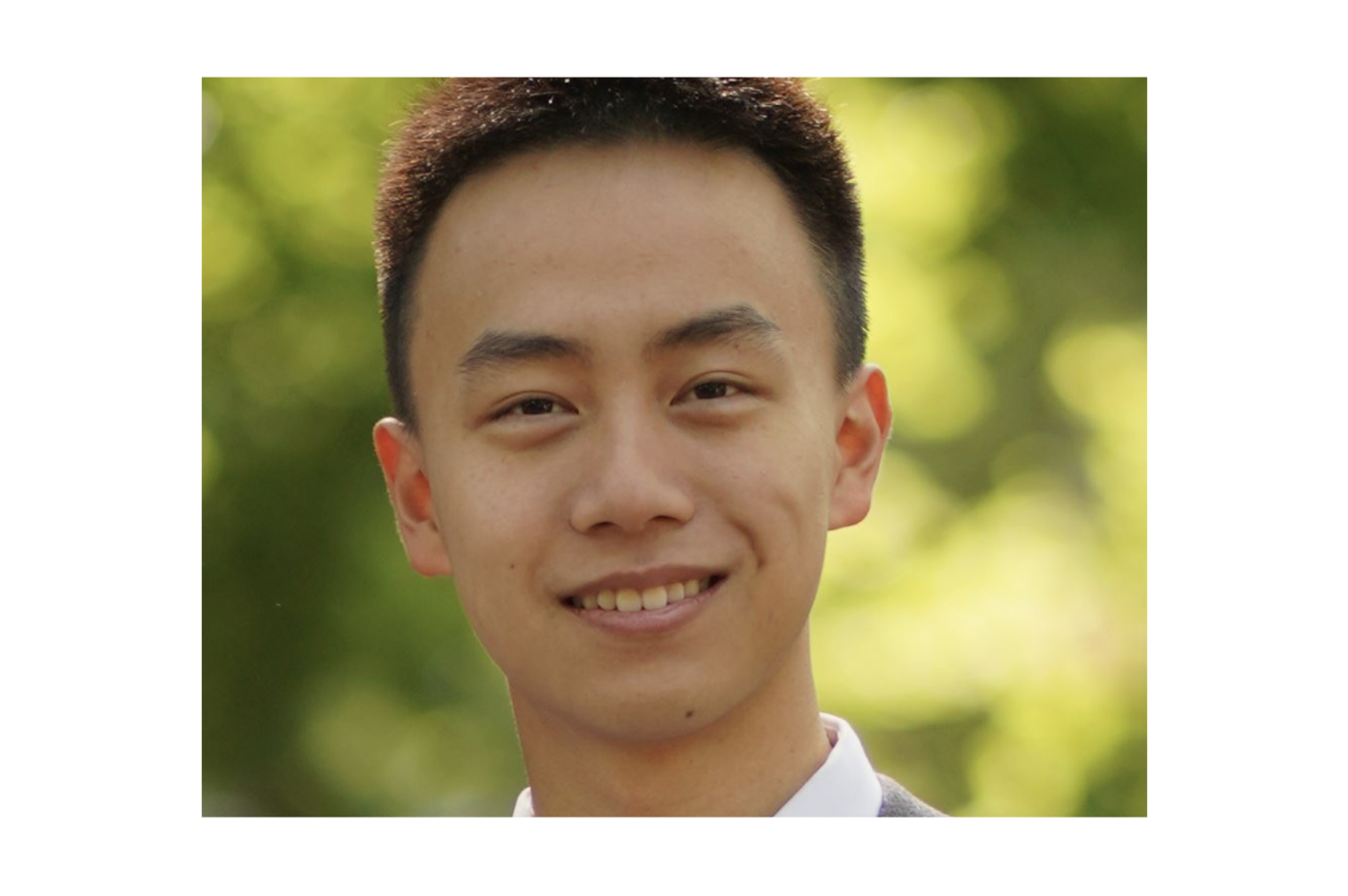
Siming He ('25), a Computer Science and Statistics double major, conducted research on the use of autonomous robots to better understand forest ecosystems under the mentorship of Dr. Pratik Chaudhari (Department of Electrical and Systems Engineering) and Dr. Vijay Kumar (Department Mechanical Engineering and Applied Mechanics). This research was supported by the Vagelos Undergraduate Research Grant and Class of 1971 Robert J. Holtz Fund.
Imagine an autonomous robot that can delve into the mysteries of forest ecosystems, understand the carbon sequestration of trees, and evaluate the health and bio-diversity in the forest. My aspiration is to develop autonomous robotic systems designed to understand forest ecology on a large scale. This endeavor is particularly compelling to me because comprehending forest ecosystems is a critical first step in safeguarding them and preserving their biodiversity. Through my research, I aim to generate actionable insights that can mitigate the impact of urban sprawl, deforestation, and invasive species, thereby contributing to the protection and sustainability of our ecosystems.
One of the most significant aspects of this experience has been the development of advanced problem-solving skills. Robotics, as a multidisciplinary field, often presents complex challenges that require innovative and systematic approaches. Through research, I have learned how to deconstruct intricate problems into manageable components, identify underlying principles, and apply theoretical concepts to devise practical solutions. This process has enhanced my analytical thinking and has taught me to approach problems with a combination of creativity and rigor. In addition to problem-solving, my research experience has greatly expanded my technical expertise. I have become proficient in programming languages and tools that are essential for robotics, allowing me to write efficient and robust code for controlling and interacting with robotic systems.
During the semester, balancing the demands of coursework and research is inherently challenging. Coursework, with its structured deadlines and relatively clear expectations, often demands immediate attention. However, research, which is inherently more open-ended and exploratory, requires significant time and mental energy, often leading to extended periods of intense concentration. Being able to continue this research over the summer was especially exhilarating because I could focus solely on research. This summer we were able to take a field trip to Virginia to collect vital data within the forest. This immersive, hands-on experience was invaluable, as it not only deepened my understanding of the complexities of forest ecosystems but also highlighted the specific challenges inherent in designing autonomous robots for forestry applications. The dynamic environment of the forest presents unique obstacles, such as navigating uneven terrain, dealing with variable lighting conditions, and interacting with diverse biological elements, all of which require innovative engineering solutions.
This trip allowed me to establish meaningful connections with collaborators at Virginia Tech, whose expertise in forestry science greatly enhanced my learning. Engaging with experts in this field provided me with insights that I might not have gained otherwise, bridging the gap between robotics and environmental science. This interdisciplinary exchange has been instrumental in broadening my perspective and refining the focus of my research, making this experience a pivotal moment in my academic and professional development.
Interested in reading more first-hand accounts about undergraduate research? Check out the other experiences featured on our Student News Page and Social Media!
Related Articles
Embracing Uncertainty
Ioana Gidiuta (‘26), an Electrical Engineering major, studied neuromotor development in infants in efforts to improve rehabilitation strategies with mentorship from Dr. Michelle Johnson (Department of Physical Medicine and Rehabilitation). This research was supported by CURF Summer Research Funding.Thinking Beyond the Data
Khadija Seck (‘26), a Neuroscience major, researched how to adapt cognitive assessments for low literacy contexts with mentorship from Dr. Iliana Kohler (Department of Sociology). This research was supported by a College Alumni Society Grant.